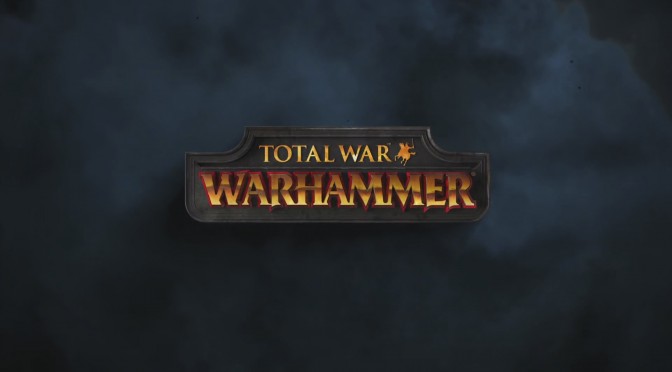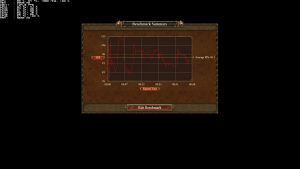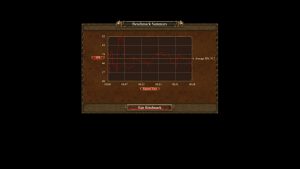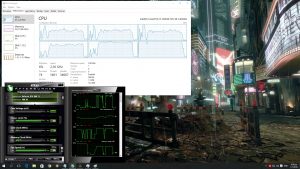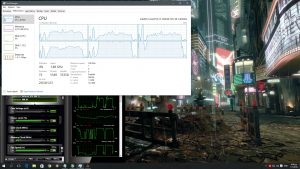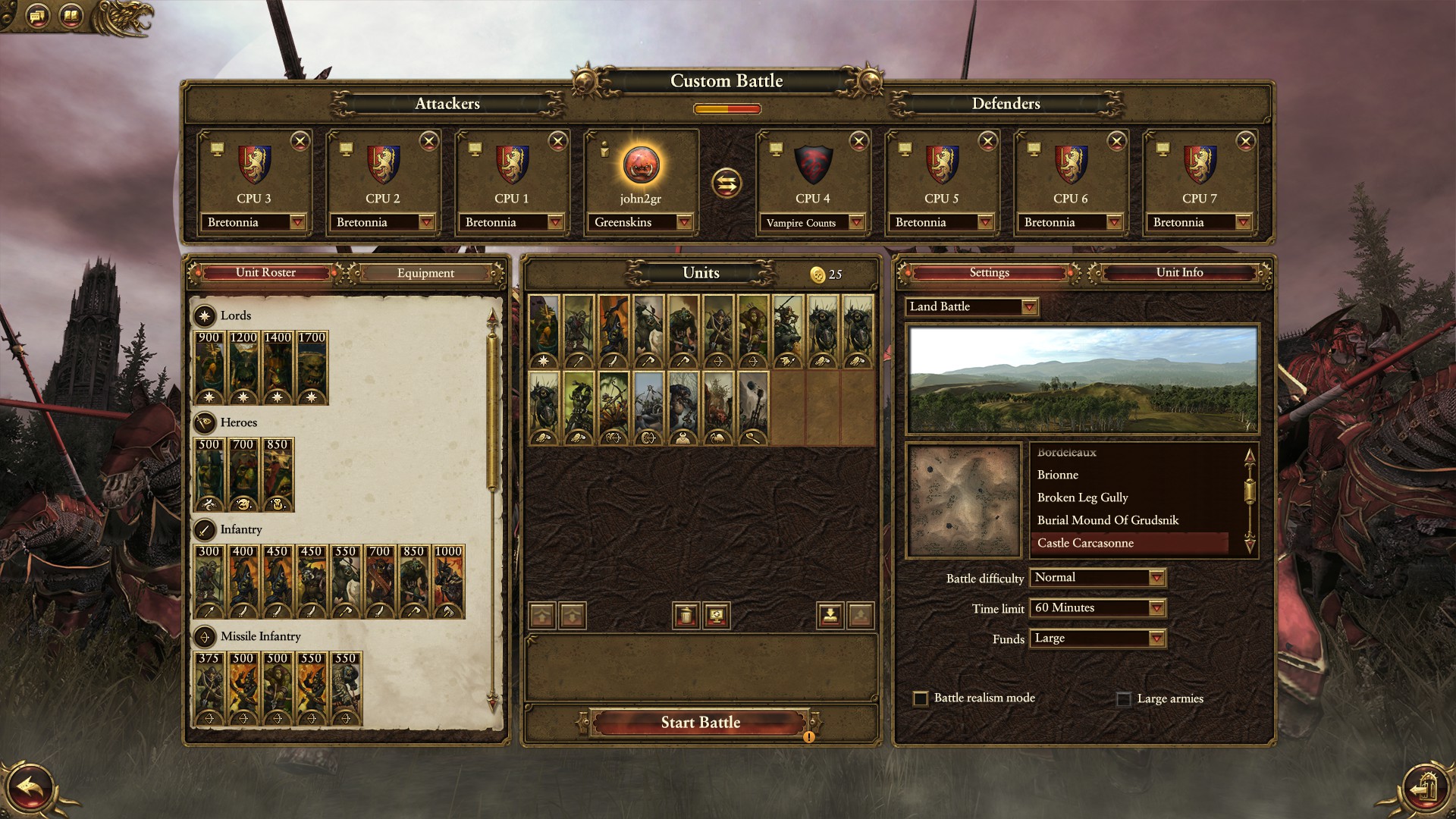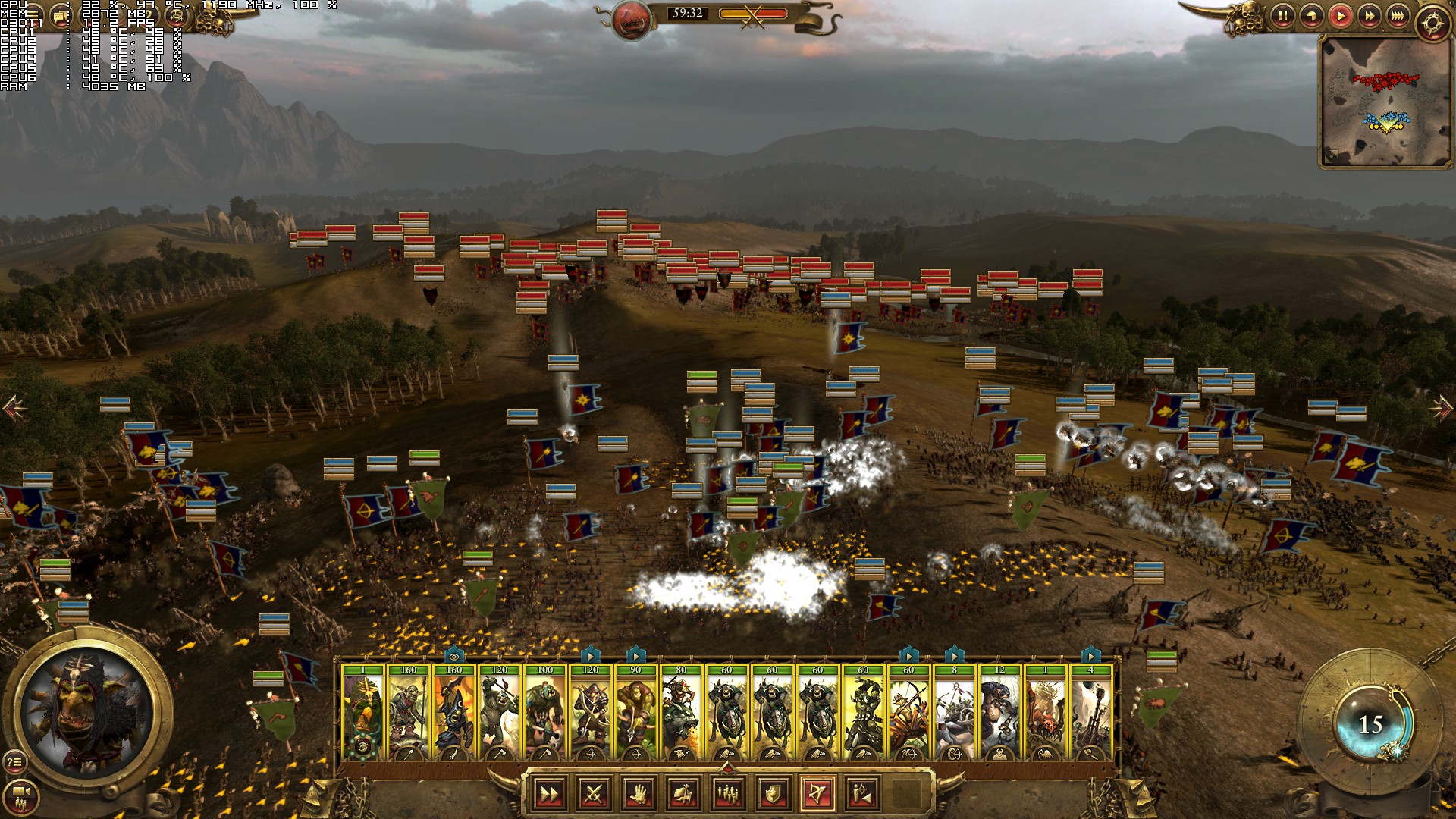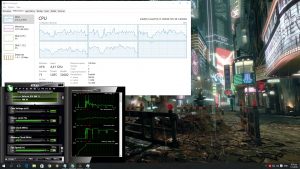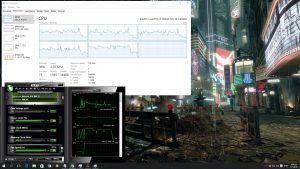Creative Assembly has just released the DX12 patch for Total War: WARHAMMER. And while the game’s DX12 renderer is still in beta stage, it appears that there are no benefits at all for NVIDIA users. In fact, the DX12 renderer for Total War: WARHAMMER comes with a significant performance hit on NVIDIA’s hardware, something that undoubtedly surprised us.
In order to measure the DX12 performance, we’ve used both an Extreme scenario, as well as the in-game benchmark tool.
Here are the graphics settings that we used in both DX11 and DX12, and here are our specs:
- Intel i7 4930K (turbo boosted at 4.0Ghz)
- 8GB RAM
- NVIDIA’s GTX980Ti
- Windows 10 64-bit
- Latest NVIDIA WHQL driver
As we can see, there is a 26fps performance difference between DX11 and DX12. What’s really surprising here is that DX11 runs way, way, way better than DX12 on NVIDIA’s hardware (DX11 performance is on the left, whereas DX12 performance is on the right).
One of the biggest advantages of DX12 – at least according to Microsoft – is its improved multi-threading capabilities. However, as we can clearly see in both the in-game benchmark and our Extreme scenario, the game is unable to properly take advantage of all our CPU cores (again, DX11 graph is on the left whereas DX12 graph is on the right).
There are no improvements at all to the engine’s multi-threading capabilities under DX12, something that explains the underwhelming performance in our Extreme scenario (we were getting 11-16fps in both DX11 and DX12). And here is the Extreme scenario we used:

John is the founder and Editor in Chief at DSOGaming. He is a PC gaming fan and highly supports the modding and indie communities. Before creating DSOGaming, John worked on numerous gaming websites. While he is a die-hard PC gamer, his gaming roots can be found on consoles. John loved – and still does – the 16-bit consoles, and considers SNES to be one of the best consoles. Still, the PC platform won him over consoles. That was mainly due to 3DFX and its iconic dedicated 3D accelerator graphics card, Voodoo 2. John has also written a higher degree thesis on the “The Evolution of PC graphics cards.”
Contact: Email

